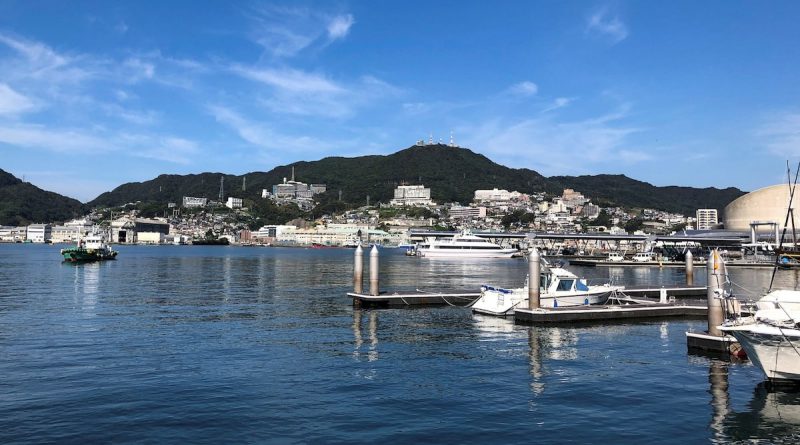Chinese Cruise Lines Reroute Away from Japan as Diplomatic Tensions Rise
Seoul — Chinese cruise operators are adjusting itineraries to avoid Japanese ports amid a growing diplomatic dispute, a shift that is expected to increase tourism flows into South Korea as travelers seek alternative destinations.
Tour and port industry officials say the redirection began after recent comments from Japan’s new prime minister, whose remarks on security concerns surrounding Taiwan prompted strong reactions and reignited political friction with Beijing.
One of the most notable schedule changes involves the Adora Magic City cruise ship, which normally visits the Japanese ports of Fukuoka, Sasebo and Nagasaki alongside South Korea’s Jeju Island.
According to a notice issued by authorities in Jeju, the vessel will skip all Japanese stops throughout December, instead extending its Jeju stay to between 31 and 57 hours, far longer than its usual nine-hour visit.
Officials in Jeju said the cruise operator requested the modifications without providing an explanation, but added that the timing and diplomatic climate strongly suggest a geopolitical cause.
The adjustment has been described as part of an emerging “Plan B,” as cruise companies seek stability amid the changing dynamics of China-Japan relations.
Japan’s travel sector has already felt the impact, with some tour agencies reporting steep declines in bookings, and operators acknowledging significant financial losses as Chinese travelers cancel or redirect trips.
Industry sources in South Korea say other Chinese cruise companies are also evaluating route changes, including potential replacements such as Incheon or Busan, though some schedules cannot be altered at short notice.
Several cruise operators have reportedly explored options for avoiding Japan entirely in upcoming weeks, but logistical and regulatory constraints have limited immediate changes for certain vessels departing from Tianjin.
The situation marks the first time details of extended South Korean port stays and skipped Japanese routes have surfaced publicly, highlighting the growing travel implications of the diplomatic rift.
South Korea, meanwhile, has rapidly become the top choice for Chinese travelers based on recent international flight booking data,
with online platforms showing a spike in interest during the mid-November weekend.
Airlines in China have issued refunds for routes to Japan in response to the dispute, a move expected to further boost flight demand toward South Korean destinations.
Budget carriers in South Korea say they are preparing for an eventual rise in Chinese passenger numbers, even as some note that immediate increases have yet to materialize.
Tour agencies catering specifically to Chinese groups have also started receiving inquiries, including requests to relocate planned events from Japan to South Korea early next year.
Those familiar with the travel sector caution that the shift may take time to fully manifest, but believe that sustained political tension could significantly alter tourist flows across the region.
Recent history supports this outlook, as South Korea saw a sharp surge in Chinese tourist arrivals in 2013, following an earlier territorial dispute between Beijing and Tokyo that influenced travel perceptions and decisions.
The current diplomatic climate has affected stock markets as well, with South Korean travel-related companies experiencing gains, while Japanese tourism-linked firms have come under pressure as travelers reconsider their plans.
Jeju-based tour operators say that even though widespread increases have not yet reached daily operations,
they expect a gradual rise in Chinese tourist numbers if the dispute continues to shape public sentiment.
Many Chinese travelers have already begun reassessing safety and political sensitivities tied to visiting Japan, with some describing South Korea as a more comfortable choice given recent developments.
Tourism entrepreneurs in China say the shift in attitude has become noticeably stronger in recent weeks, reflecting a broader preference to avoid destinations viewed as politically contentious during diplomatic uncertainty.
As cruise operators, airlines and travel agencies prepare for potential redirection on a larger scale, South Korea appears positioned to benefit from the realignment of regional travel patterns driven by geopolitical tensions.


